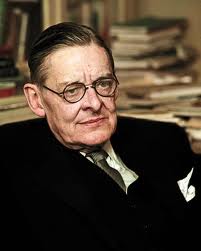 “First of all no art, and particularly and especially no literary art, can exist in a vacuum. We are , in in practice, creatures of divers interests, and in many of our ordinary interests there is not obvious coherence.” (598)
“First of all no art, and particularly and especially no literary art, can exist in a vacuum. We are , in in practice, creatures of divers interests, and in many of our ordinary interests there is not obvious coherence.” (598)“I do not suppose that there ever has been, or will be, a critic of any art, whose appreciation was a separate faculty, quite judicious and wholly isolated from his other interests and his private passions: if there was, is or will be, he was, is or will be a bore with nothing at all to say.” (598)
“But this apparent paradox–this need of aiming at one thing in order to do another–this apparent gospel of hypocrisy or self-deception, is right, it is in the nature of the human soul and embodies its need and craving for perfection and unity. We do tend, I think, to organize our tastes in various arts into a whole; we aim in the end at a theory of life, or a view of life, and so far we are conscious, to terminate our enjoyment of the arts in a philosophy, and our philosophy in a religion–in such a way that the personal to oneself is fused and completed in the impersonal and general, not extinguished, but enriched, expanded, developed, and more itself by becoming more something not itself.” (598-599)
“The one extreme is to like poetry merely for what it has to say: that is, to like it merely because it voices our own beliefs or prejudices–which is of course to be quite indifferent to the poetry of the poetry. The other extreme is to like the poetry because the poet has manipulated his material into perfect art, which is to be indifferent to the material, and to isolate our enjoyment of poetry from life. The one extreme is not enjoyment of poetry at all, the other is enjoyment of an abstraction which is merely called poetry. But between these extremes occurs a continuous range of appreciations, each of which has its limited validity.” (599)
“And what poetry proves about any philosophy is merely its possibility for being lived,–for life includes both philosophy and art.” (601)
“Yet we can hardly doubt that the ‘truest’ philosophy is the best material for the greatest poet; so that the poet must be rated in the end both by the philosophy he realizes in poetry and by the fulness and adequacy of the realization. For poetry–here and so far I am in accord with Mr. Richards–is not the assertion that something is true, but the making that truth more fully real to us; it is the creation of a sensuous embodiment. It is the making the Word Flesh, if we remember that for poetry there are various qualities of Word and various qualities of Flesh.” (601)
“What we find when we read Lucretius or Dante is that the poet has effected a fusion between that philosophy and his natural feelings, so that the philosophy becomes real, and the feelings become elevated, intensified and dignified.” (601)
“Poetry cannot prove that anything is true; it can only create a variety of wholes composed of intellectual and emotional constituents, justifying the emotion by the thought and the thought by the emotion: it proves successively, or fails to prove, that certain worlds of thought and feeling are possible. It provides intellectual sanction for feeling, and esthetic sanction for thought.” (602)–“ Poetry and Propaganda,” The Bookman (February 1930): 595-602.
For more books on or by T.S Eliot visit The Imaginative Conservative Bookstore.
We hope you will join us in The Imaginative Conservative community. The Imaginative Conservative is an on-line journal for those who seek the True, the Good and the Beautiful. We address culture, liberal learning, politics, political economy, literature, the arts and the American Republic in the tradition of Russell Kirk, T.S. Eliot, Edmund Burke, Irving Babbitt, Paul Elmer More, Wilhelm Roepke, Robert Nisbet, M.E. Bradford, Eric Voegelin, Christopher Dawson and other leaders of Imaginative Conservatism (Visit our Bookstore to find books by/about these men).
We address a wide variety of major issues including: What is the essence of conservatism? What was the role of faith in the American Founding? Is liberal learning still possible in the modern academy? Should conservatives and libertarians be allies? What is the proper role for the American Republic in spreading ordered liberty to other cultures/nations?
We have a great appreciation for the thought of Russell Kirk, T.S. Eliot, Irving Babbitt and Christopher Dawson, among other imaginative conservatives. However, some of us look at the state of Western culture and the American Republic and see a huge dark cloud which seems ready to unleash a storm that may well wash away what we most treasure of our inherited ways. Others focus on the silver lining which may be found in the next generation of traditional conservatives who have been inspired by Dr. Kirk and his like. We hope that The Imaginative Conservative answers T.S. Eliot’s call to “redeem the time, redeem the dream.”



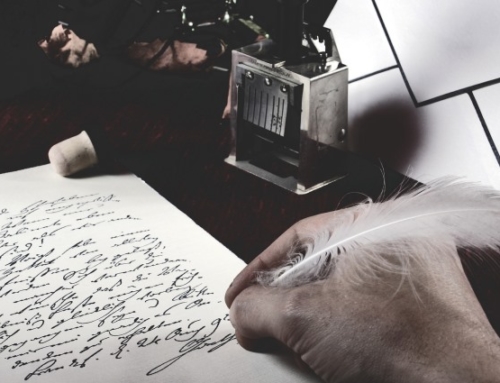
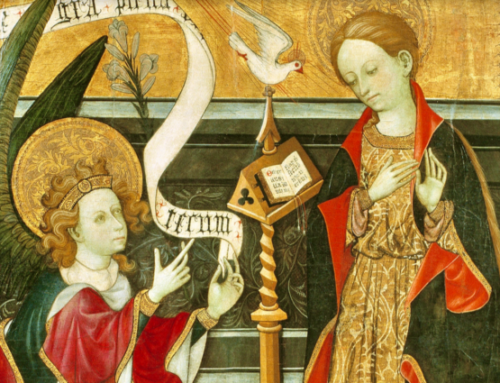
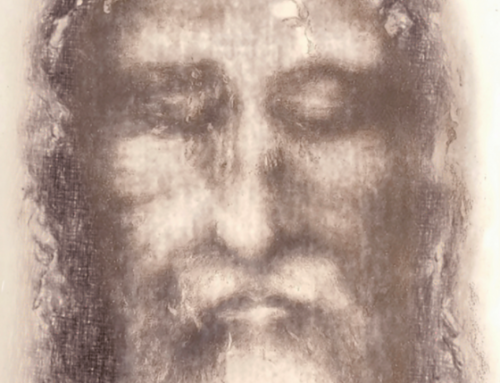
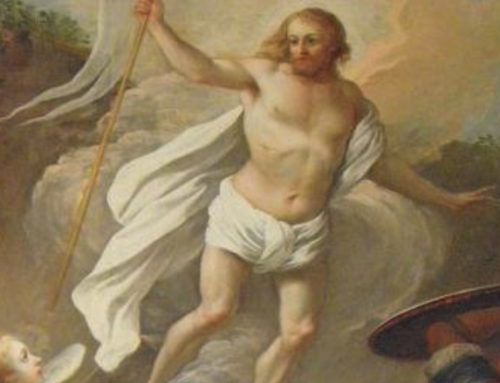
Leave A Comment